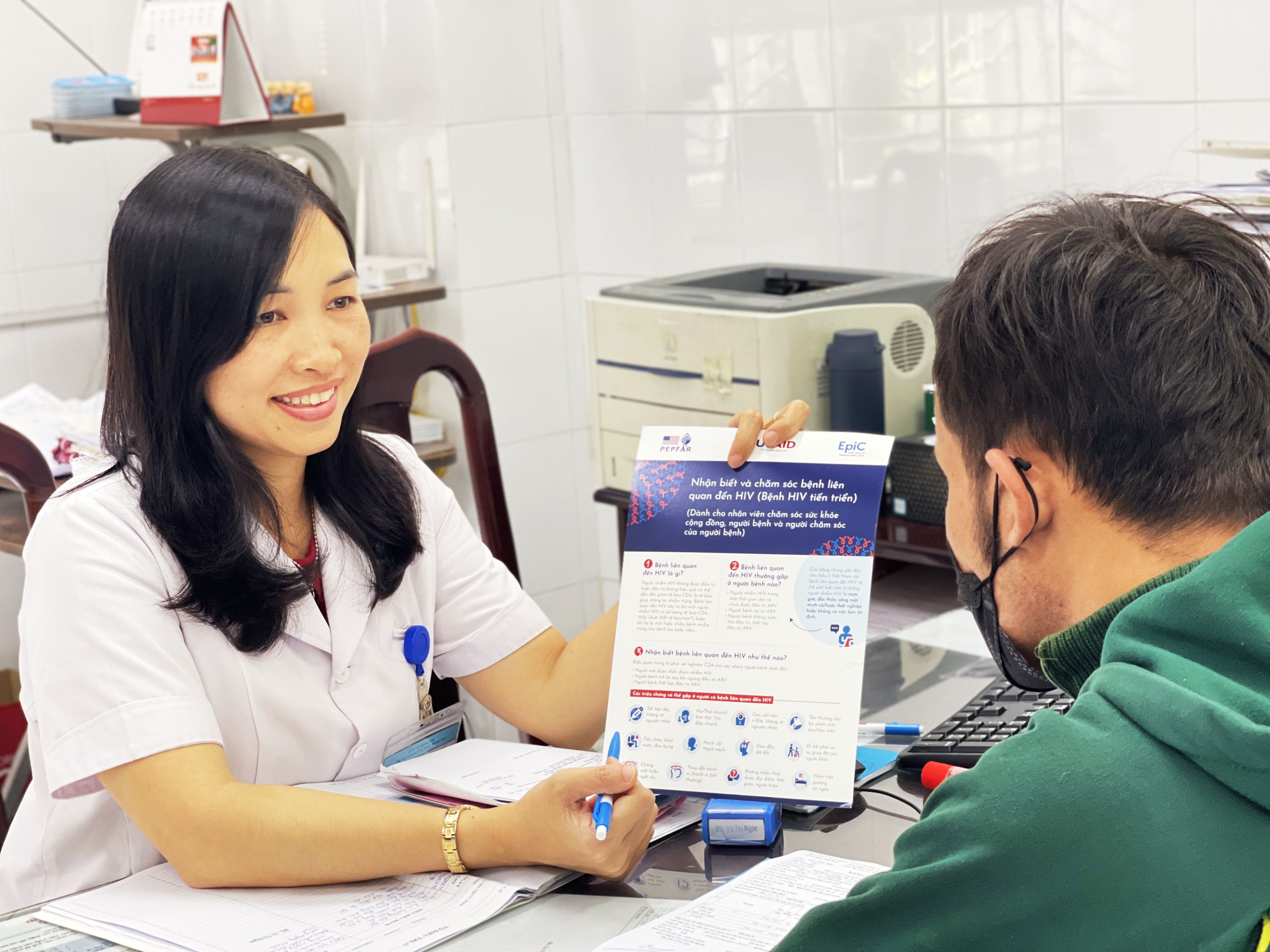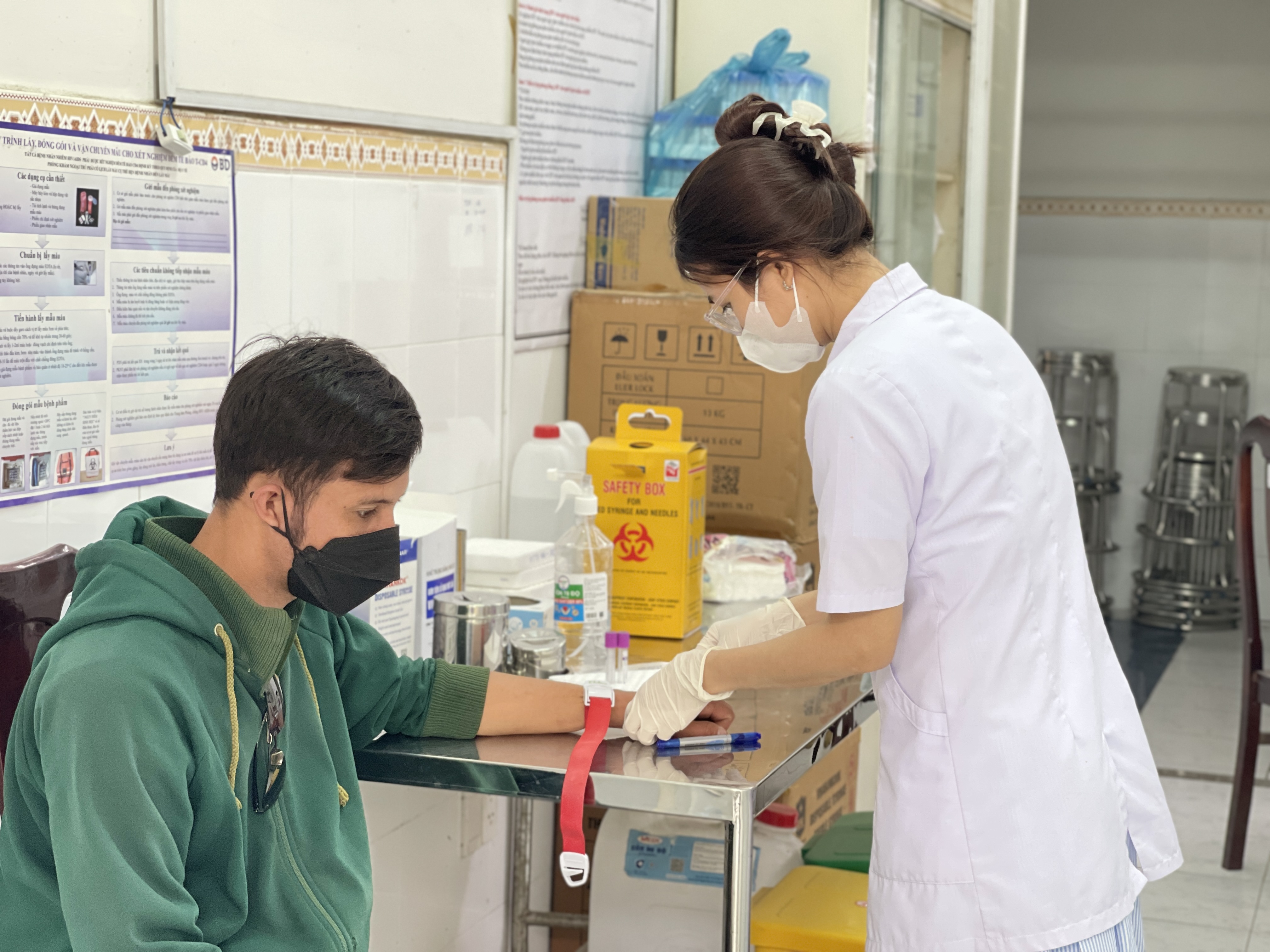HIV Viral Load Testing in Dong Nai Province, Vietnam, Gets A Boost from LHSS
Date
In Dong Nai Province, Vietnam, some 5,000 HIV patients are receiving life-saving antiretroviral treatment at HIV clinics. The costs are covered through Vietnam’s social health insurance (SHI) scheme, a locally financed program that is steadily replacing international donor funding for HIV services.
But viral load testing at the provincial laboratory -- critical for monitoring the effectiveness of treatment – was, until recently, hampered by the provincial SHI office’s rejection of reimbursement claims. The problem lay in the office’s misinterpretation of SHI regulations on contracting and reimbursement.
Dr. Ngoc Vu, vice head of the HIV clinic run by the Dong Nai Center for Disease Control (CDC), described the impact on her facility. “Several months ago, we had to transfer about 1,600 test samples to Ho Chi Minh City Hospital for Tropical Diseases. This is really cumbersome, as we have the capability right at the [provincial laboratory]. And we also had to pay for the fees to transfer and store the test samples,” she said.

To help address the issue, USAID’s Local Health System Sustainability Project (LHSS) engaged all the relevant national and provincial authorities in a multisectoral dialogue. The talks involved Vietnam Social Security; the provincial Social Security agency, which manages SHI in the province; the provincial Department of Health; and the Dong Nai CDC, which operates both the provincial HIV clinic and the provincial testing laboratory.
Following these discussions, LHSS helped ensure that national-level SHI leadership at Vietnam Social Security closely guided the provincial SHI managers on how to handle separate claims for HIV treatment services and viral load tests from the Dong Nai CDC facilities.
As a result, on December 28, 2023, the Dong Nai CDC signed a contract for 2024 with the provincial Social Security agency, enabling SHI reimbursement for HIV viral load tests for patients at the CDC’s clinic.
Dr. Ngoc praised LHSS’s work to facilitate a timely solution among the relevant authorities.
“The assistance from the project is extremely useful and effective. The resolved issue not only eases clients’ access to the SHI services, but also facilitates our health care work as we can evaluate the treatment results through the viral load tests,” Dr. Ngoc said.

